Director: Jang Hun
Cast: Song Kang-Ho, Gang Dong-Won, Jeon Kuk-Hwan, Park Hyuk-Kwon, Yoon Hee-Seok, Ko Chang-Seok, Lee So-Yun, Jung In-Gi, Bae Yong-Geun, Jo Suk-Hyun, Park Yong-Jin, Kwon Bum-Taek, Choi Jung-Woo
Running Time: 116 min.
By Z Ravas
Secret Reunion opens at a fever pitch most action movies hope to achieve during their climax. Gang Don-won’s character has been living in South Korea as a sleeper agent for the North when he receives orders to meet up with a ruthless assassin codenamed Shadow in order to take down Kim Jung-il’s second cousin. It appears the relative of the Northern dictator wrote a tell-all book about the regime and the diminutive leader is not happy about it. This leads to an exciting setpiece in a crowded apartment climax as Gang Don-won’s loyalty to the Communist party is tested by his crisis of conscience at so much wanton slaughter (“I can feel the bloodbath” is Shadow’s favorite catchphrase). While most of the hand-to-hand combat during this sequence is neutered by choppy editing, the setpiece still excites thanks to a racing, Bourne Identity-esque score and effective sound design as the screams of bystanders are punctuated by gunfire. The mission, which goes awry thanks to a traitor in Gang Don-won’s ranks, puts him squarely in the crosshairs of Sang Kong-ho’s South Korean government agent. The stage is set for a thrilling cat-and-mouse game between Northern spy and Southern G-Man.
..and then Secret Reunion takes a hard detour into laid back, buddy comedy territory. More than any Korean film I’ve seen in recent memory, Secret Reunion embodies the kind of tonal dissonance that can occur when a movie seems to change genre from scene to scene. It’s as though co-writer and director Jang Hoon wants to have his cake and eat it too; the film asks, “Why can’t this be a spy thriller? And then a slapstick farce? And then a political melodrama? And then back again?” Clearly, Jang Hoon must be onto something, as Secret Reunion was one of 2010’s biggest box office hits in South Korea, and he’s since gone on to direct the award-winning The Front Line and last year’s incredibly successful Taxi Driver. But viewers who, like me, settle down in front of Secret Reunion expecting an action-packed espionage tale are in for a rude awakening.
Fortunately, the film is mostly able to skate by on the charisma of its two leads (mostly). At this point, Song Kang-ho needs no introduction, as he’s arguably South Korea’s most recognizable leading man thanks to turns in movies like The Host and Sympathy for Mr. Vengeance. His role here, as a somewhat buffoonish and disgraced government agent, isn’t exactly a stretch for the actor, but Kang-ho proves charming as ever, whether he’s pretending to practice martial arts in his boxer shorts or accidentally handcuffing himself to a pole in his apartment. Contrasting Song Kang-ho’s clownish antics is Gang Don-won’s ‘soft spoken but lethal’ badass, the kind of archetype we’ve seen in the likes of The Suspect and The Man From Nowhere. I’ve always found Gang Don-won a likable presence onscreen, and a subplot involving his attempts to rescue his wife and daughter from North Korea adds some much needed dimension to his character.
Through circumstances I won’t spoil, Song Kang-ho and Gang Don-won end up living together, as improbable as that sounds. Most of the film’s runtime is comprised of the two of them gradually forming a bond, even as they suspect each other of working for the enemy. As the movie builds to a conclusion, it attempts to change lanes back into the action-thriller mold, but by then much of the tension is gone – Secret Reunion’s focus on our lead duo’s comedic antics and buddy chemistry means the stakes feel that much lower by the climax, even when the deadly assassin Shadow remerges to face down Song Kang-ho and Gang Don-won. Clearly, director Jang Hoon’s interest is in delivering crowd-pleasing entertainment and not designing elaborate action sequences.
Speaking of Jang Hoon, it’s interesting to note that the filmmaker began as a disciple of Korean iconoclast (and enduring figure of controversy) Kim Ki-duk. Ki-duk wrote and produced Jang Hoon’s first feature, Rough Cut, in 2008, before Jang Hoon spread his wings and signed a contract with one of South Korea’s largest film distribution companies. Jang Hoon’s increasingly commercialized output apparently lead to a rift with his former mentor, as Kim Ki-duk had nothing good to say about Jang Hoon in his documentary-style self portrait Arirang. I have to admit I find this behind-the-scenes drama a tad more compelling than Secret Reunion, which is not something you want to say about a movie involving spy games and lethal assassins, but as someone who was hoping for more bite than laughs, I have to say I walked away disappointed.
Fortunately, Song Kang-ho is an actor who can carry a movie on his shoulders, and here he’s playing a very different government agent than he did in 1999’s sober, straight-faced thriller Shiri. Backed up by Gang Don-won, Kang-ho provides the film with enough star power to ensure some entertainment value, but considering Secret Reunion was second to only The Man From Nowhere at the 2010 box office, the film proves curiously underwhelming for much of its runtime.
Z Ravas’ Rating: 6/10

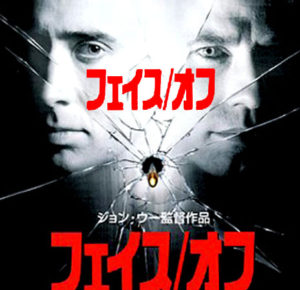
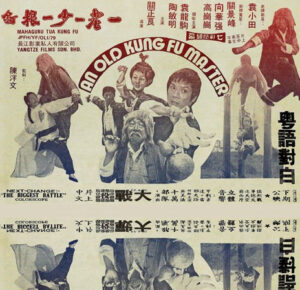
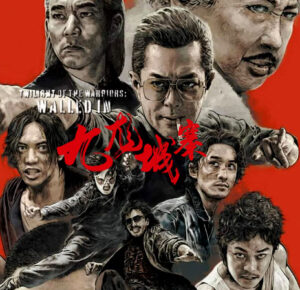
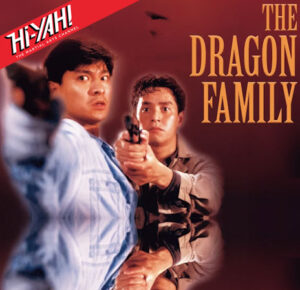
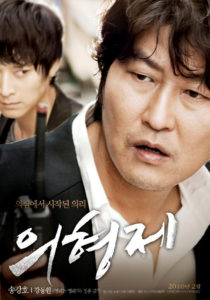
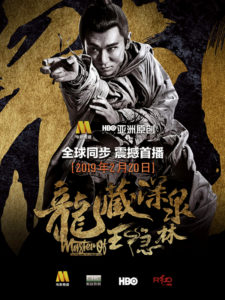
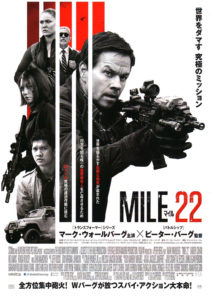

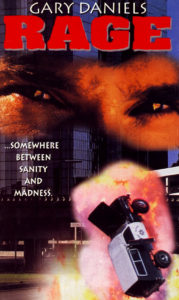
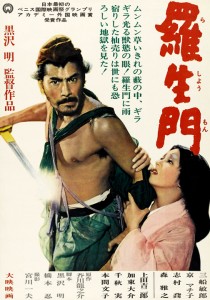
 While I can definitively say that Jackie Chan introduced me to Hong Kong/Chinese cinema and that
While I can definitively say that Jackie Chan introduced me to Hong Kong/Chinese cinema and that 
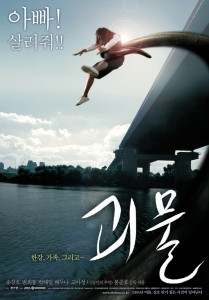
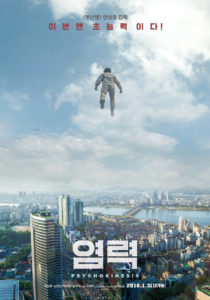
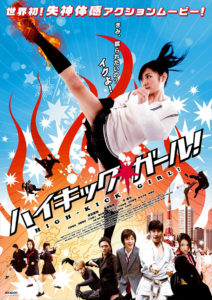

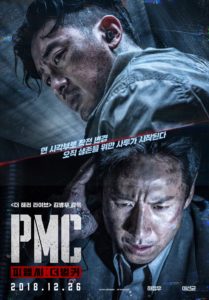
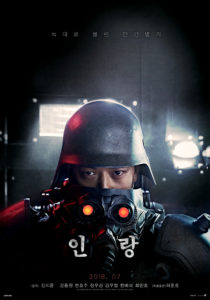


 As a young kid of 18, I used to watch a British Television film review programme, then presented by Johnathan Ross. A major advocate of Eastern cinema, Ross is a larger than life character with an abundance of knowledge of especially Asian action movies. At the end of one programme there was a clip of the South Korean film
As a young kid of 18, I used to watch a British Television film review programme, then presented by Johnathan Ross. A major advocate of Eastern cinema, Ross is a larger than life character with an abundance of knowledge of especially Asian action movies. At the end of one programme there was a clip of the South Korean film 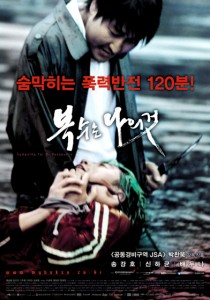

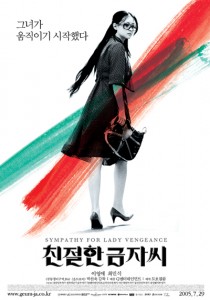



4 Comments